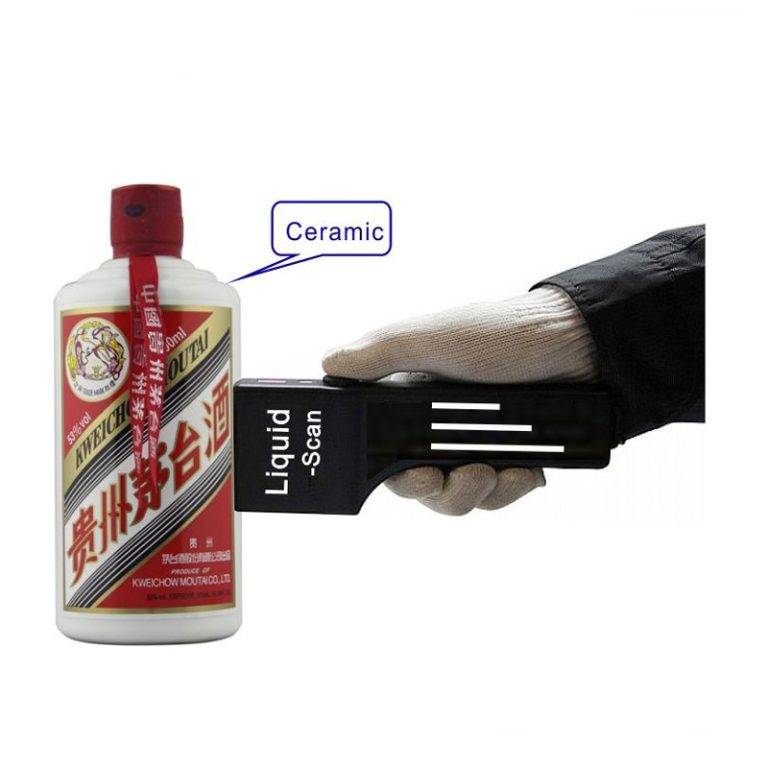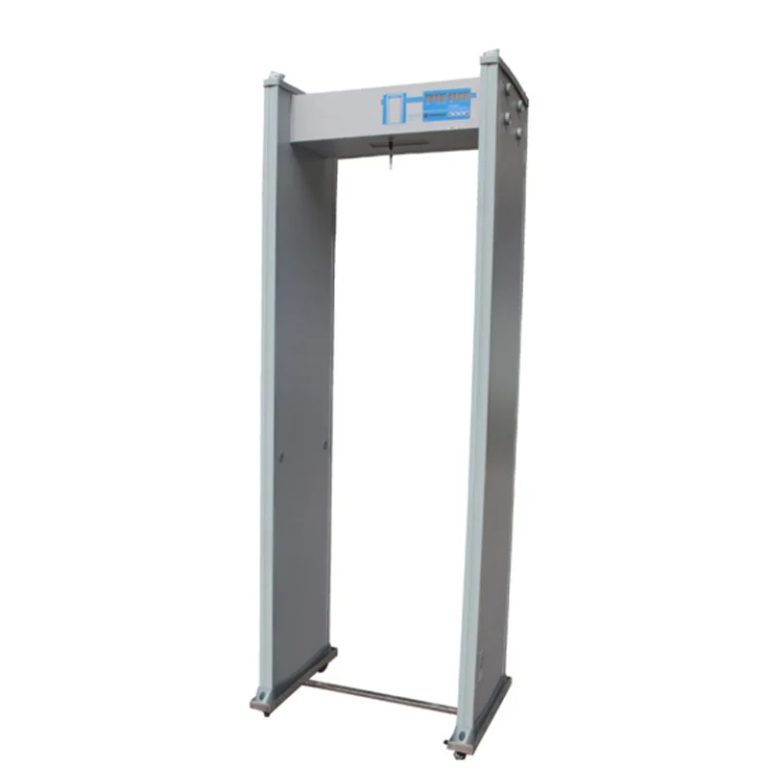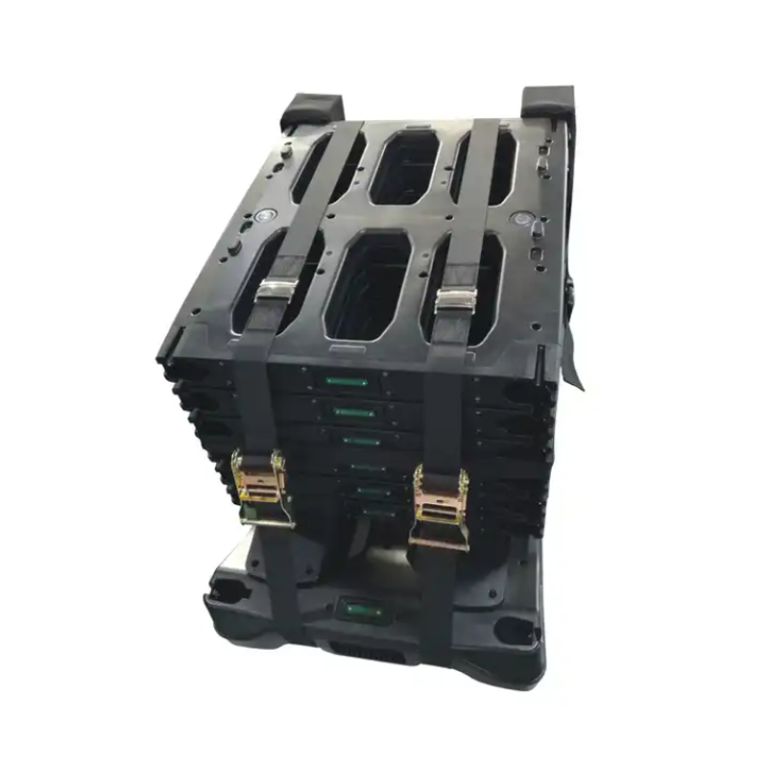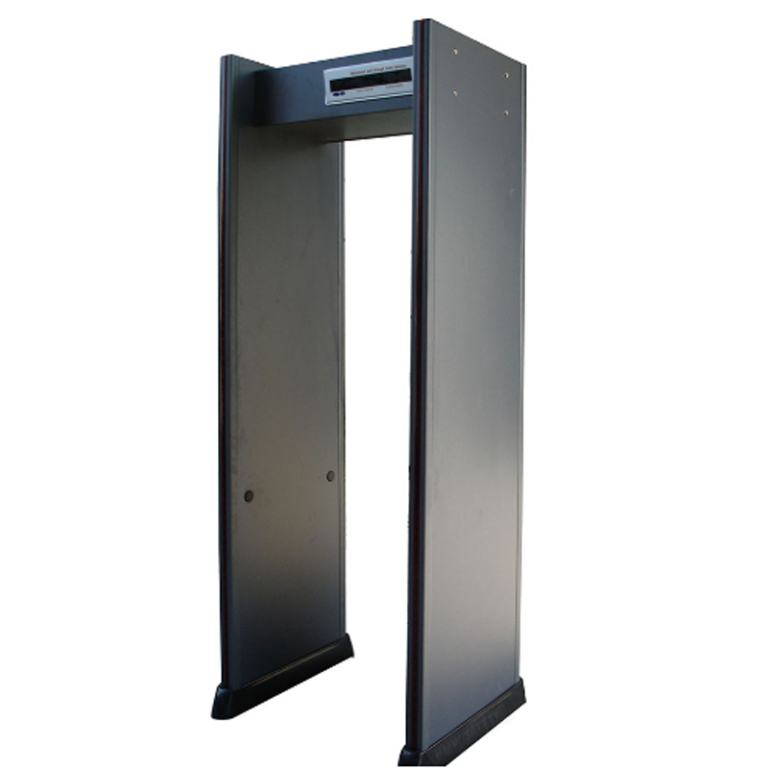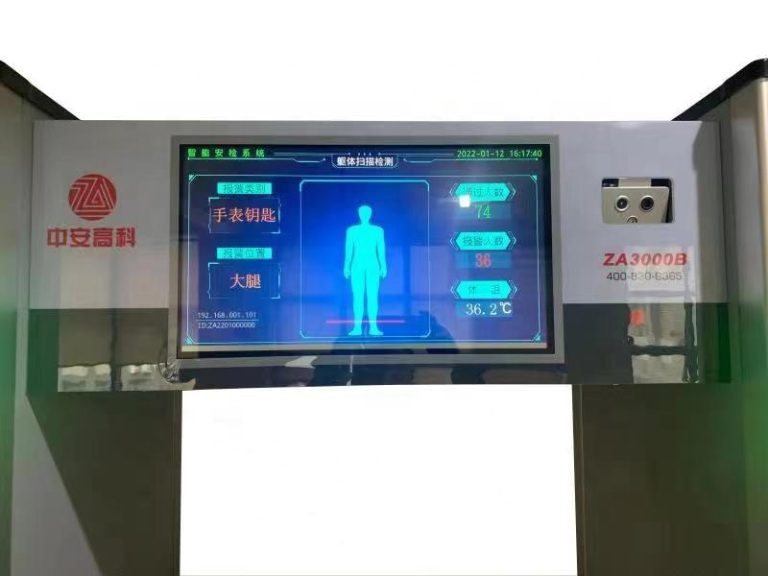Table of Contents
رمزگشایی اسرار: چگونه فلزیاب های صنعتی کار می کنند
بازکردن رازها: نقش فلزیاب های صنعتی در کنترل ایمنی و کیفیت
عملکرد فلزیاب های صنعتی بر اساس اصول القای الکترومغناطیسی است. این دستگاه ها یک میدان مغناطیسی ایجاد می کنند و زمانی که یک جسم فلزی از این میدان عبور می کند، جریان الکتریکی ایجاد می کند. این جریان توسط دستگاه تشخیص داده می شود و سپس یک زنگ هشدار ایجاد می کند یا خط تولید را متوقف می کند و امکان حذف محصول آلوده را فراهم می کند. حساسیت ردیاب را می توان بر اساس اندازه آلاینده های فلزی که نیاز به شناسایی دارند تنظیم کرد.
استفاده از فلزیاب های صنعتی فقط ایمنی نیست. این نیز در مورد حفظ کیفیت است. به عنوان مثال، در صنایع غذایی، وجود آلاینده های فلزی می تواند به طور قابل توجهی بر طعم، بافت و کیفیت کلی محصول تأثیر بگذارد. به طور مشابه، در صنعت داروسازی، آلاینده های فلزی می توانند اثربخشی داروها را تغییر دهند و حتی می توانند منجر به عوارض جدی برای سلامتی شوند. فلزیابهای صنعتی با شناسایی و حذف این آلایندهها، اطمینان حاصل میکنند که محصول نهایی با بالاترین استانداردهای کیفیت و ایمنی مطابقت دارد.
علاوه بر این، فلزیابهای صنعتی نیز نقش مهمی در انطباق با مقررات ایفا میکنند. بسیاری از صنایع تابع مقررات سختگیرانه ای در رابطه با ایمنی و کیفیت محصول هستند. به عنوان مثال، سازمان غذا و دارو (FDA) در ایالات متحده دستور می دهد که تمام محصولات غذایی و دارویی عاری از آلاینده های فلزی باشند. عدم رعایت این مقررات می تواند منجر به جریمه های سنگین و حتی فراخوان محصول شود. با استفاده از فلزیاب های صنعتی، کسب و کارها می توانند از رعایت کامل این مقررات اطمینان حاصل کنند و از این طریق از هرگونه مشکل قانونی احتمالی جلوگیری کنند. آنها نه تنها ایمنی مصرف کنندگان را تضمین می کنند، بلکه به حفظ کیفیت محصولات و تسهیل انطباق با مقررات کمک می کنند. با ادامه پیشرفت فناوری، این دستگاه ها به طور فزاینده ای پیچیده می شوند و می توانند حتی کوچکترین آلاینده های فلزی را شناسایی کنند. این به نوبه خود به کسب و کارها کمک می کند تا فرآیندهای تولید خود را بهبود بخشند، ضایعات را کاهش دهند و محصولات ایمن تر و با کیفیت بالاتر را به مصرف کنندگان ارائه دهند. بنابراین، درک نقش و عملکرد فلزیاب های صنعتی برای هر کسی که در صنعت تولید فعالیت می کند ضروری است.
Unlocking the Secrets: The Role of Industrial Metal Detectors in Safety and Quality Control
Industrial metal detectors play a pivotal role in ensuring safety and quality control across a multitude of industries. These sophisticated devices, often overlooked, are the unsung heroes of the manufacturing world, tirelessly working behind the scenes to maintain the integrity of products and protect consumers. This article aims to unlock the secrets of industrial metal detectors, shedding light on their importance and functionality.
Industrial metal detectors are primarily used to detect metallic impurities within non-metallic products. They are commonly employed in industries such as food processing, pharmaceuticals, textiles, plastics, and packaging. The primary purpose of these detectors is to identify and eliminate any metal contaminants that may have inadvertently entered the product during the manufacturing process. This is crucial as such contaminants can pose serious health risks to consumers and can also damage machinery, leading to costly repairs and downtime.
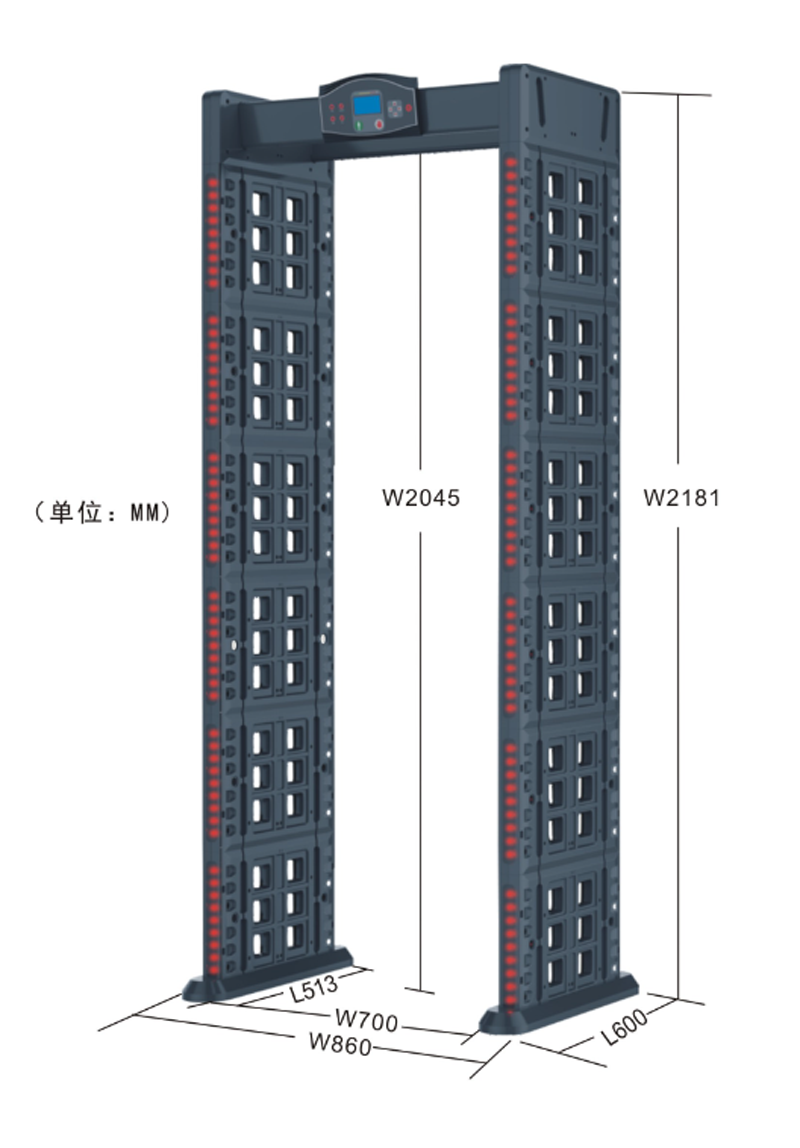
The operation of industrial metal detectors is based on the principles of electromagnetic induction. These devices generate a magnetic field, and when a metal object passes through this field, it induces an electric current. This current is detected by the device, which then triggers an alarm or stops the production line, allowing for the removal of the contaminated product. The sensitivity of the detector can be adjusted based on the size of the metal contaminants that need to be identified.
The use of industrial metal detectors is not just about safety; it’s also about maintaining quality. In the food industry, for instance, the presence of metal contaminants can significantly affect the taste, texture, and overall quality of the product. Similarly, in the pharmaceutical industry, metal contaminants can alter the efficacy of drugs and can even lead to serious health complications. By detecting and removing these contaminants, industrial metal detectors help ensure that the end product meets the highest standards of quality and safety.
Moreover, industrial metal detectors also play a crucial role in regulatory compliance. Many industries are subject to stringent regulations regarding product safety and quality. For instance, the Food and Drug Administration (FDA) in the United States mandates that all food and pharmaceutical products be free of metal contaminants. Failure to comply with these regulations can result in hefty fines and even product recalls. By using industrial metal detectors, businesses can ensure that they are in full compliance with these regulations, thereby avoiding any potential legal issues.
In conclusion, industrial metal detectors are an indispensable tool in today’s manufacturing landscape. They not only ensure the safety of consumers but also help maintain the quality of products and facilitate regulatory compliance. As technology continues to advance, these devices are becoming increasingly sophisticated, capable of detecting even the smallest metal contaminants. This, in turn, is helping businesses improve their production processes, reduce waste, and deliver safer, higher-quality products to consumers. Therefore, understanding the role and functionality of industrial metal detectors is essential for anyone involved in the manufacturing industry.

